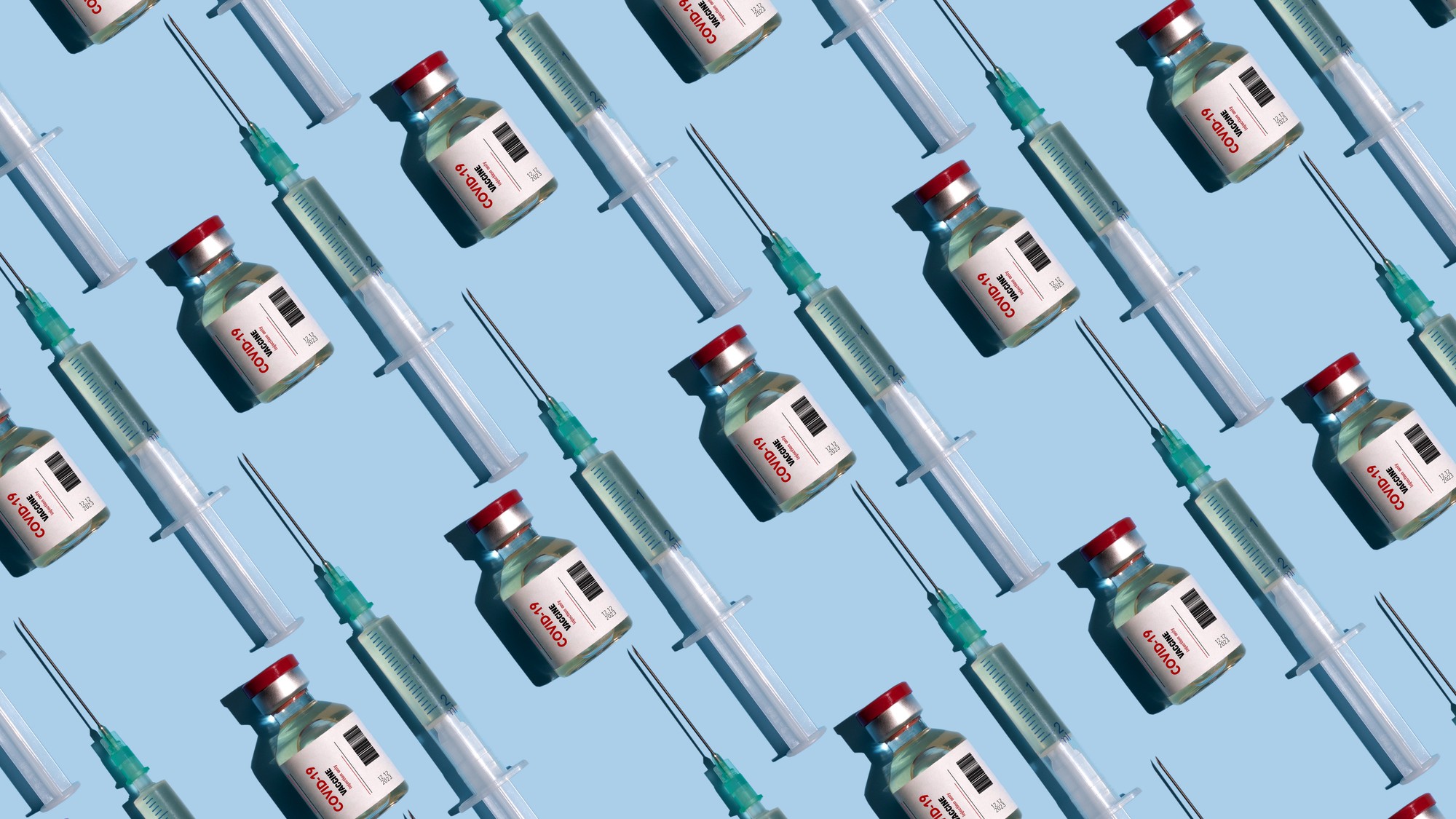Health
Covid-19 mRNA Vaccines Show Promise in Cancer Treatment

Research suggests that Covid-19 mRNA vaccines may play a significant role in enhancing the effectiveness of cancer immunotherapy. A study published in the journal Nature has revealed that these vaccines could improve survival rates for patients undergoing treatment for late-stage melanoma or lung cancer.
The study examined clinical outcomes for over 1,000 patients who were treated with immune checkpoint inhibitors, a common immunotherapy approach. This method trains the immune system to combat cancer by blocking proteins that tumor cells produce to evade immune responses. Researchers found that patients who received either the Pfizer or Moderna mRNA vaccines within 100 days of starting their immunotherapy were more than twice as likely to survive after three years compared to those who did not receive the vaccine.
According to The Associated Press, the prolonged survival rate was linked to the mRNA technology in the vaccines, which appeared to enhance the immune system’s response to cancer treatments. “We are really tapping into that natural process that your body already knows how to respond to,” stated Jeff Coller, a professor of RNA biology and therapeutics at Johns Hopkins Medicine, during an interview with NBC News.
Exciting Findings Await Confirmation
Lead author of the study, Adam Grippin, expressed enthusiasm about the results, stating, “This data is incredibly exciting.” He emphasized the need for further validation through a Phase III clinical trial. If future trials confirm these findings, the authors believe that this widely available and low-cost intervention could extend the benefits of immunotherapy to millions of patients who currently do not have access to such treatments.
This research is not the first instance of using mRNA technology against cancer. Scientists have previously developed personalized mRNA cancer vaccines tailored to individual tumors. However, the Covid-19 mRNA vaccines do not require such personalization and can be administered at any point during a patient’s treatment, according to the study authors.
Despite the potential benefits of mRNA vaccines, some political figures, including those from the Trump administration, have expressed skepticism. The administration previously terminated funding for 22 mRNA vaccine development projects, citing concerns that the data did not demonstrate effective protection against upper respiratory infections like Covid-19.
As the medical community continues to explore the intersection of mRNA technology and cancer treatment, the implications of this research may offer hope for enhanced therapeutic options in the fight against cancer.
-

 Science1 week ago
Science1 week agoInventor Achieves Breakthrough with 2 Billion FPS Laser Video
-

 Top Stories2 weeks ago
Top Stories2 weeks agoCharlie Sheen’s New Romance: ‘Glowing’ with Younger Partner
-

 Entertainment2 weeks ago
Entertainment2 weeks agoDua Lipa Aces GCSE Spanish, Sparks Super Bowl Buzz with Fans
-

 Business2 weeks ago
Business2 weeks agoTyler Technologies Set to Reveal Q3 Earnings on October 22
-

 Entertainment2 weeks ago
Entertainment2 weeks agoMother Fights to Reunite with Children After Kidnapping in New Drama
-

 Entertainment2 weeks ago
Entertainment2 weeks agoRed Sox’s Bregman to Become Free Agent; Tigers Commit to Skubal
-

 World2 weeks ago
World2 weeks agoR&B Icon D’Angelo Dies at 51, Leaving Lasting Legacy
-

 Science2 weeks ago
Science2 weeks agoNorth Carolina’s Biotech Boom: Billions Invested in Manufacturing
-

 Health2 weeks ago
Health2 weeks agoCurium Group, PeptiDream, and PDRadiopharma Launch Key Cancer Trial
-

 Health2 weeks ago
Health2 weeks agoCommunity Unites for 7th Annual Into the Light Walk for Mental Health
-

 Health2 weeks ago
Health2 weeks agoNorth Carolina’s Biotech Boom: Billions in New Investments
-

 Top Stories2 weeks ago
Top Stories2 weeks agoDisney+ Launches Chilling Classic ‘Something Wicked’ Just in Time for October








